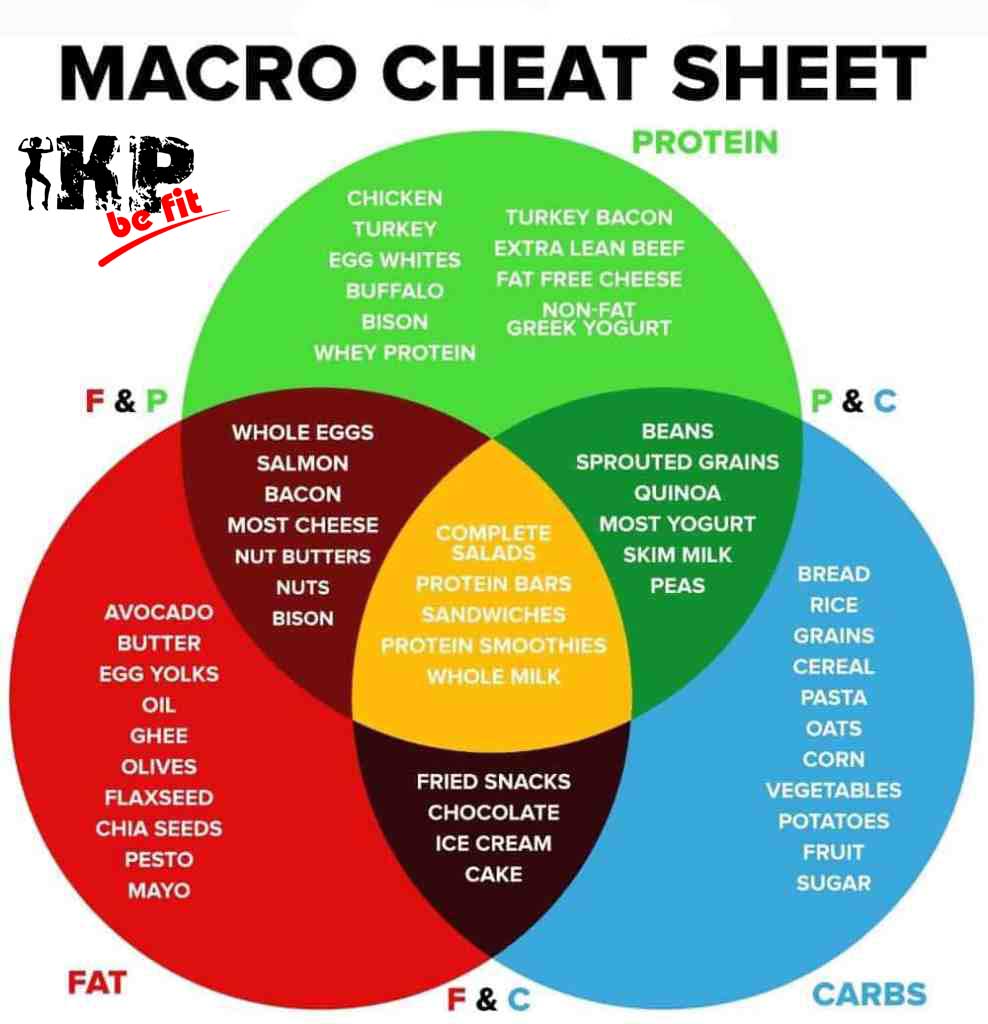
Your body needs food to work and carry out everyday tasks, and the things that give food this value are called nutrients. Macronutrients, in that regard, are the nutrients that are required in distinctive values – carbohydrates, proteins, and fats.
It is best to take these macronutrients in a balanced ratio, with carbohydrates sharing the most portion, proteins sharing a moderate portion, and fats sharing the lowest portion in your meals. It is best to consume all macros at one time instead of taking one macro at one time.
Carbs
Carbohydrates account for 45 to 60% of your normal macronutrient requirement for the day. These are responsible for carrying out a maximum of your body functions and drive your energy metabolism. This glucose metabolism is involved in helping your body get a maximum of your tasks done. Your muscles and your brain, for example, need carbs as the primary source of energy to function.
Sources – You can get carbs through different sources, including whole-grain cereals, fruits, vegetables, milk, ice cream, starches, and sugars.
Proteins
Proteins are vital for the synthesis of a major number of components in your body. Whether it is the synthesis of new muscles and skin cells or it is the process of making new DNA for your blood proteins, dietary proteins are required for making it all real. We need 10 to 20% of proteins from the total calories we take in a day to function in the best capacity. Protein plays an important role in the synthesis, metabolism, healing, and functioning of different components in the body.
Sources – You can get proteins from animal sources as well as plant sources. Animal sources proteins include poultry, fish, red meat, etc., while plant sources proteins include legumes, lentils, and beans, etc.
Fats
Fats are vital for carrying out several functions in the body in which structural regulation of cells and energy reservation is one of the most important ones. Fats also cushion the delicate organs in our body against physical trauma and help us provide insulation against extreme weather changes. We need 20 to 30% of fats from the total calories we take in daily to perform at our best.
Sources – You can get fats from sources such as eggs, milk, dairy products such as cheese, and fat from meat through animal sources. Plant sources include nuts, seeds, avocadoes, and plant-based oils such as sunflower oil and canola oil. You may also get healthy fat with a lot of healthy omega fatty acids from fish oils.
It is important to regulate the portion sizes of each macronutrient in your meals so you can get most of your nutrients in food in a healthy way. The way your metabolism works needs to be in harmony with the way your body takes up nutrition. For that purpose, we have the AMDR or the Acceptable Macronutrient Dietary Ranges especially built for helping you get the most out of the nutrition you require.

